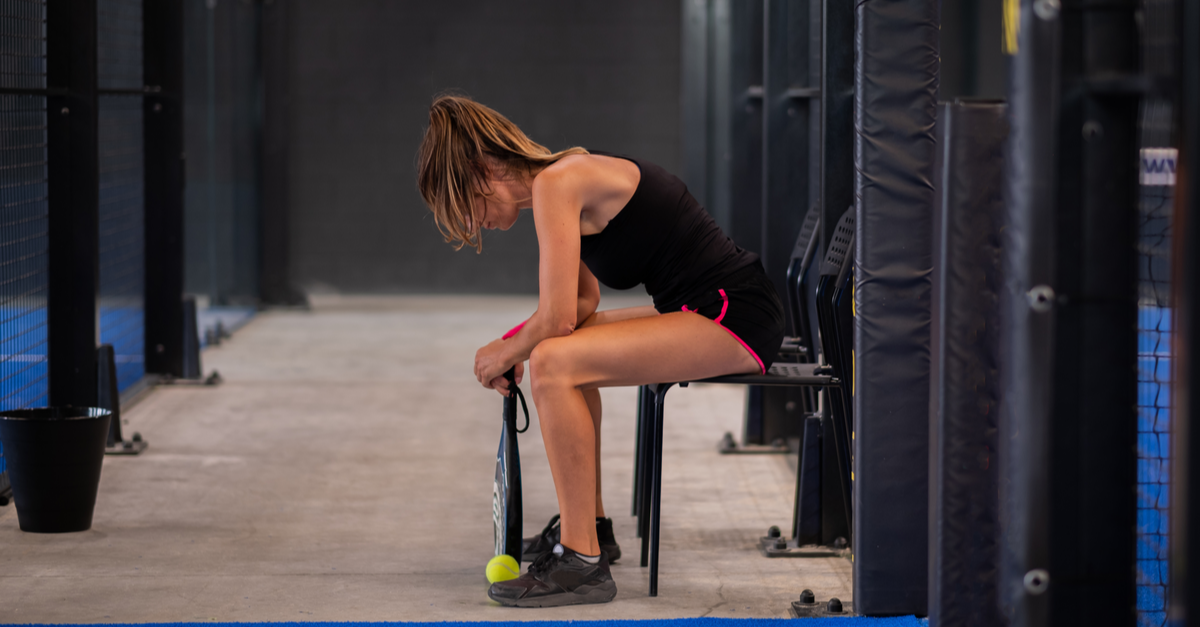 12th August 2021
12th August 2021
The Olympics We’ve Been Trying to Ignore
The death of a great young athlete shines a light on part of ourselves we would rather ignore …
Olympian Olivia Podmore will never know that her life would have got better, that she could have found happiness and gained a greater purpose again. That is one of the greatest tragedies behind any young person’s death.
As we revelled in the Olympics and enjoyed the glory of victory, her death has shone a light on something we have all been trying hard to ignore: the Olympic spirit is not all about friendly competition. It’s about winning – sometimes at the cost of the human spirit.
Our hearts swelled with pride when the Black Fern 7s won gold, and Lisa Carrington rose to become our greatest Olympian. But there was another side: a moment captured during one competition showed a lone Olympian crying inconsolably, long after everyone had packed up and left.
On The Project, Jessie Mulligan called this ‘the Olympic spirit’ – seeming to interpret this moment as the guts and glory of competition. But as a writer working in mental health, all I could see was a woman abandoned when she most needed support.
" ... it feels freakin’ awesome when New Zealand wins a medal at the Olympics. This ability to feel connection and belonging is a beautiful part of being human."
Imagine a job where your entire life is micro-managed – from what you eat, to your daily schedule, to sleep, to the brands you wear. Can you imagine the crushing pressure, when an entire industry and millions of dollars is riding on you? If you do win, there is money and accolades. If you don’t, you risk losing everything.
Sports psychologist Rod Corban told Stuff that such a high level of success is often driven by ‘slightly dysfunctional perfectionism’. ‘But “perfect” is bad. You just have to be enough … to win,’ he said.
It’s true, in mental health we know that perfectionism is generally a burden, not a gift. Corban stops short of saying that it’s ok not to win because, well, that would mean dismantling the whole, billion dollar structure of competitive sports.
But elite sports is just the extreme end of a very human obsession with competition: from getting graded at school, to collecting ‘likes’ on social media, to getting a rose on reality TV, to the All Blacks.
It has a ‘survival of the fittest’ vibe about it, but is more complex and joyous than that. We are arguably the most social of all species – we live or die by how well we can cooperate and live together.
"A sports person is also a person who has relationships and emotional depth, who can suffer and find joy in equal measures."
As tribal beings, our individual identity is deeply connected to our social identity. When our ‘tribe’ wins, we feel like we are winning ourselves. In other words, it feels freakin’ awesome when New Zealand wins a medal at the Olympics. This ability to feel connection and belonging is a beautiful part of being human.
On the flip side, when our tribe doesn’t win, we feel that loss as if it’s happening to us. We evaluate our status by the status of the tribe – and get angry when a sports person ‘lets us down’.
Now, imagine being that sports person and bearing the brunt of that anger. Imagine feeling like you are letting your entire tribe down when you don’t win.
As both fans and sports people, we need to learn a deeper way of expressing this human impulse for competition. We need to move beyond a reductive impulse to rank people from best to worst.
Each of us are multi-faceted and complex. A sports person is also a person who has relationships and emotional depth, who can suffer and find joy in equal measures. To be judged by just one thing, or one moment in time, is an unbearable weight for anyone to bear.
We’re great at lifting people up to the top. We need to get better at supporting them on the way down. As tennis professional Naomi Osaka said: sports people are humans too.
By Ingrid Barratt
If you need help with feelings of sadness or worry, please contact:
- Free call or text 1737 any time, 24 hours a day, to chat with a trained counsellor.
- Lifeline - 0800 543 354 or text HELP (4357) for free, 24/7, confidential support - 24 hours a day, 7 days a week
- Mental Health Crisis Line - find your local DHB Mental Health crisis team contact number
- Suicide Crisis Helpline - 0508 828 865 (0508 TAUTOKO)
- Youthline - 0800 376 633 or free text 234
- Find more contacts on our help page.
